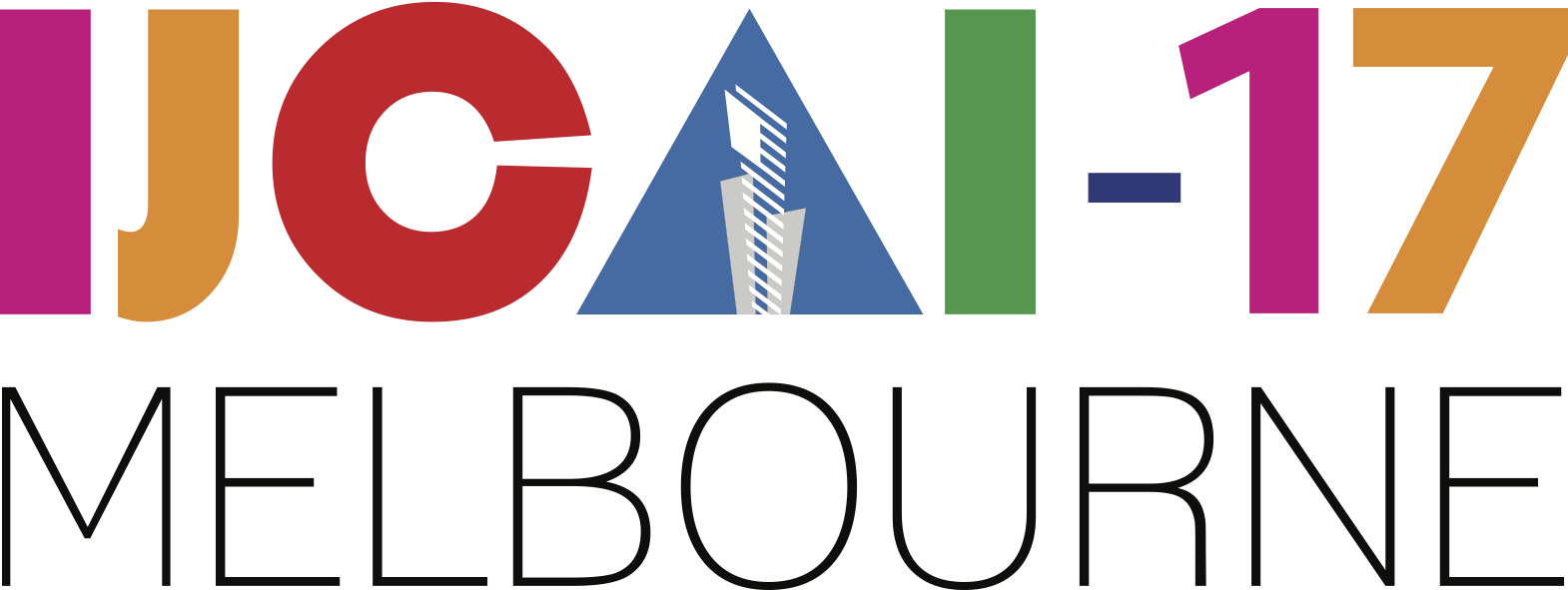Characterising the Manipulability of Boolean Games
Characterising the Manipulability of Boolean Games
Paul Harrenstein, Paolo Turrini, Michael Wooldridge
Proceedings of the Twenty-Sixth International Joint Conference on Artificial Intelligence
Main track. Pages 1081-1087.
https://doi.org/10.24963/ijcai.2017/150
The existence of (Nash) equilibria with undesirable properties is a well-known problem in game theory, which has motivated much research directed at the possibility of mechanisms for modifying games in order to eliminate undesirable equilibria, or induce desirable ones. Taxation schemes are a well-known mechanism for modifying games in this way. In the multi-agent systems community, taxation mechanisms for incentive engineering have been studied in the context of Boolean games with costs. These are games in which each player assigns truth-values to a set of propositional variables she uniquely controls in pursuit of satisfying an individual propositional goal formula; different choices for the player are also associated with different costs. In such a game, each player prefers primarily to see the satisfaction of their goal, and secondarily, to minimise the cost of their choice, thereby giving rise to lexicographic preferences over goal-satisfaction and costs. Within this setting, where taxes operate on costs only, however, it may well happen that the elimination or introduction of equilibria can only be achieved at the cost of simultaneously introducing less desirable equilibria or eliminating more attractive ones. Although this framework has been studied extensively, the problem of precisely characterising the equilibria that may be induced or eliminated has remained open. In this paper we close this problem, giving a complete characterisation of those mechanisms that can induce a set of outcomes of the game to be exactly the set of Nash Equilibrium outcomes.
Keywords:
Knowledge Representation, Reasoning, and Logic: Logics for Knowledge Representation
Knowledge Representation, Reasoning, and Logic: Preference modelling and preference-based reasoning
Agent-based and Multi-agent Systems: Noncooperative Games

